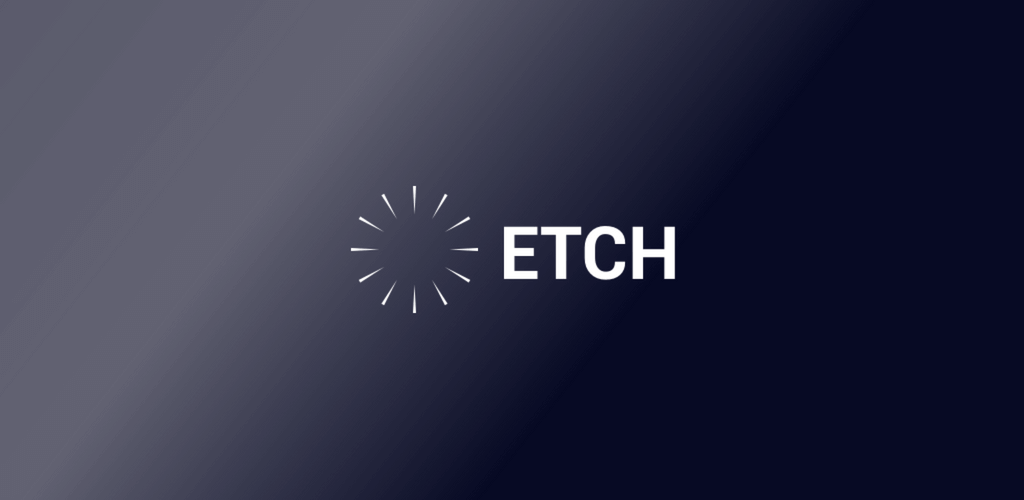
The token sale will last for 4 weeks.
Payrolls, wire transfers and bank payments have created an unnecessarily complex ecosystem for both businesses and employees. The settlement of transactions through traditional financial systems can be extremely expensive, costing upwards to $100 per transaction in the case of wire transfers.
According to a study conducted by comparison website NerdWallet, the average fee for outgoing international wire transfers is $44, which can be overwhelming for companies that have thousands of payrolls to issue on a monthly basis. For instance, if a company has a thousand employees working overseas, an average fee of $44 per transaction would cost the firm around $44.000 every month.
“Among national banks and other institutions we surveyed, the average fees are $9 for incoming domestic wire transfers, $25 for outgoing domestic wire transfers, $10 for incoming international wire transfers, and $44 for outgoing international wire transfers,”
Furthermore, wire transfers can take additional time to be fully processed, depending on the location of the recipient and the bank processing the outgoing transaction. By simply reducing the transaction settlement time to a few weeks to one to three days, companies like TransferWise have been able to evolve into multi-billion dollar companies.
With a blockchain-based autonomous, secure and transparent financial network, Etch is solving a much more important problem in comparison to existing fintech companies and service providers. Through Etch and its automated payroll system, employees can be paid and incentivized in real-time. Companies will no longer have to cover large transaction fees and deal with the inefficient services of major financial institutions. No further manual verification and approval will be required on the side of companies and employees will be able to benefit from timely, low-fee and efficient payrolls.Thomas Mloduchowski, the CTO at ETCH, explained:
 “Today’s payroll is an antiquated system that dates over 500 years. You work and then you need to wait to be paid. That can take up to a month and exposes employees to a huge personal cash flow issue. With Etch, you get paid for every moment you work. People have been talking about a daily wage, a monthly wage an hourly wage. We are talking about a minute wage and a second wage. Your £10 per hour is a penny every four seconds. So why don’t you get paid every four seconds?”At a keynote presentation during the Bitcoin Wednesday Meetup in Amsterdam, Netherlands, Bitcoin and security expert Andreas Antonopoulos addressed the same problem which ETCH intends to solve. He highlighted the issues that businesses face when running payrolls using traditional banking systems including high costs and delays in transaction settlement. However, through blockchain technology and decentralized platforms, Antonopoulos emphasized that previous systems of payroll and transaction processing, in general, can be overhauled and replaced.
“Today’s payroll is an antiquated system that dates over 500 years. You work and then you need to wait to be paid. That can take up to a month and exposes employees to a huge personal cash flow issue. With Etch, you get paid for every moment you work. People have been talking about a daily wage, a monthly wage an hourly wage. We are talking about a minute wage and a second wage. Your £10 per hour is a penny every four seconds. So why don’t you get paid every four seconds?”At a keynote presentation during the Bitcoin Wednesday Meetup in Amsterdam, Netherlands, Bitcoin and security expert Andreas Antonopoulos addressed the same problem which ETCH intends to solve. He highlighted the issues that businesses face when running payrolls using traditional banking systems including high costs and delays in transaction settlement. However, through blockchain technology and decentralized platforms, Antonopoulos emphasized that previous systems of payroll and transaction processing, in general, can be overhauled and replaced.
“How often do you get paid? Once a month? Why? This is a question we haven’t really considered,” said Antonopoulos. “Why does it occur in monthly intervals? Why do we chunk money at monthly intervals? There is a very good reason. This is money acquiring the characteristics of its container, the medium of banking payments, the accounting systems and the ability to pay employees are constrained. It gets expensive to make transfers make more often using the banking system.”
Antonopoulos further noted, “right now we’re living on the Internet in the era of streaming and it has become one of these enormously powerful concepts that is changing the way we consume various things.”
With this in mind, we are excited to see what the future looks like when Etch begin to stream wages and remittance in real-time.Etch recognizes that improving payroll is easy, but they didn’t want it to be a standalone solution. Blockchain technology allows for improvements to the entire working between employers and employees and thus have considered the entire value chain of this working relationship, allowing for it to become one seamless experience.
They have identified that by designing and end to end experience around payroll, they can provide a greater value to every business, employee and their family than any standalone service could do either individually or by having to integrate its services.
The diagram shows how the payroll will work on the blockchain, how taxes are automatically deducted for businesses and how the money then flows to the worker.[cq_vc_zoomimage images=”7130″ retina=”yes” containerbgcolor=”#ffffff”]
Setup
- An employer creates an account with Etch, and purchases ETCH tokens to pay for onboarding of their employees to the platform.
- Employees accounts are created, details of employment contracts are added through the dashboard that creates a smart contract of when, and how much, to pay out.
- Additional information is added – National insurance, tax records etc.
- Employer deposits FIAT currency in the account of the Card provider to cover a set duration of payroll liability.
- Cards are issued to employees together with unique code to create an Etch account.
The employee has the option to receive 100% of their wages or to separate a percentage to family members, or for budgeting requirements. - Linked cards are issued to family members (or just the app/wallet if cards are not supported locally.)
Etch Card
- Based on the logic of the smart employment record, a stream of money will show on the employee’s wallet.
- This sum is clear of tax liability as that will have already been accounted for and deposited in an HMRC controlled wallet.
- This figure is an IOU from the employer to the employee.
- If payment via the card is made, the Etch platform will inform the card provider that the employee is owed that sum, and authorisation for payment will be made.
- If the employee transfers money from the app/wallet new ERC-20 tokens are created called EtchPay and the equivalent money on deposit by the cardholder is now transferred to the Etch treasury as 1:1 redemption for the token at a future date.
Etch will first target the construction and building service management verticals. They will begin by utilizing their connections at The Construction Blockchain Consortium to run their next pilots in larger scale operations. Once more data is available, they will decide on what the best options are for expanding into new verticals.
The Etch token sale is due to begin on the 18th of September. Find out more about the company and their sale here.
The token sale will last for 4 weeks.

